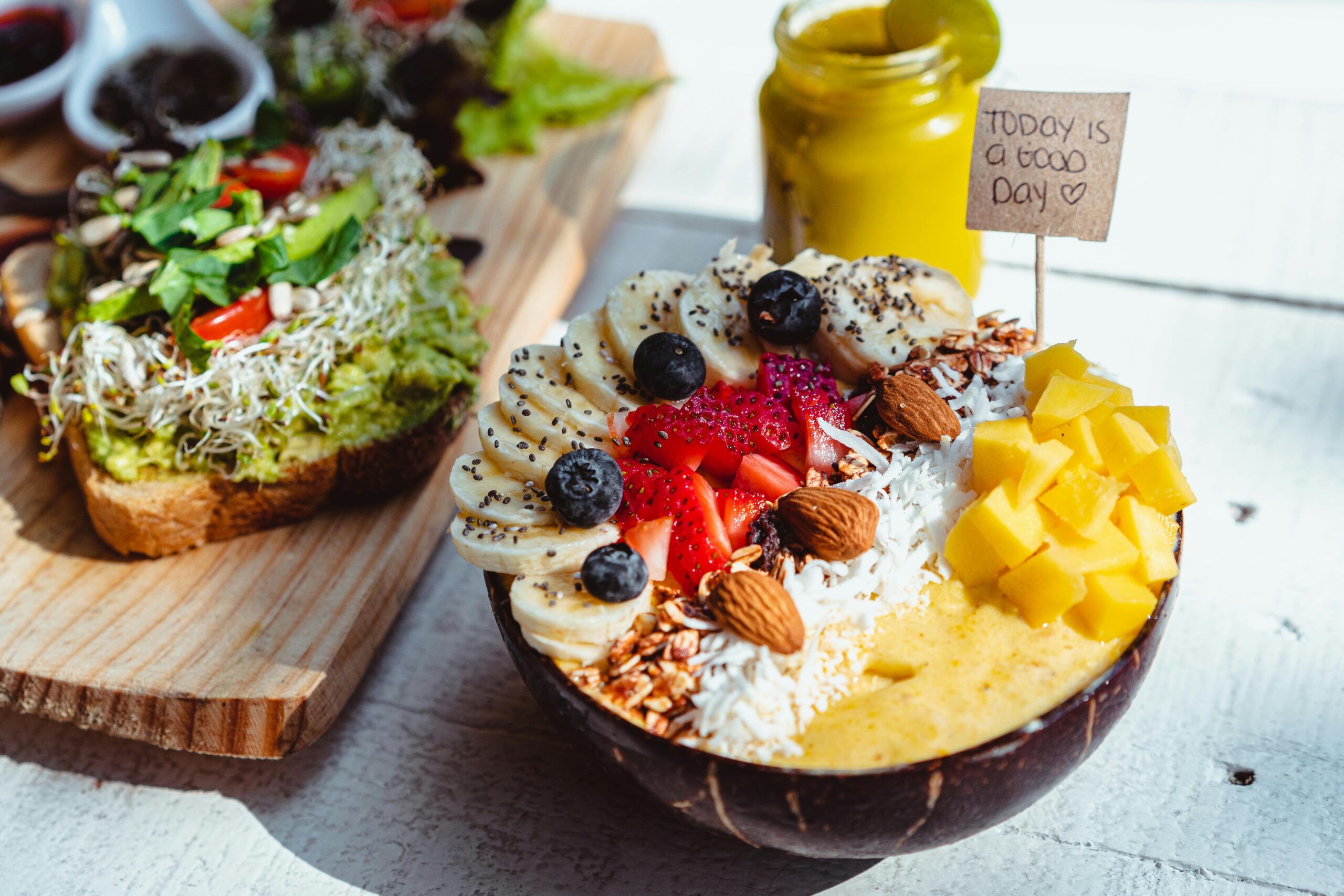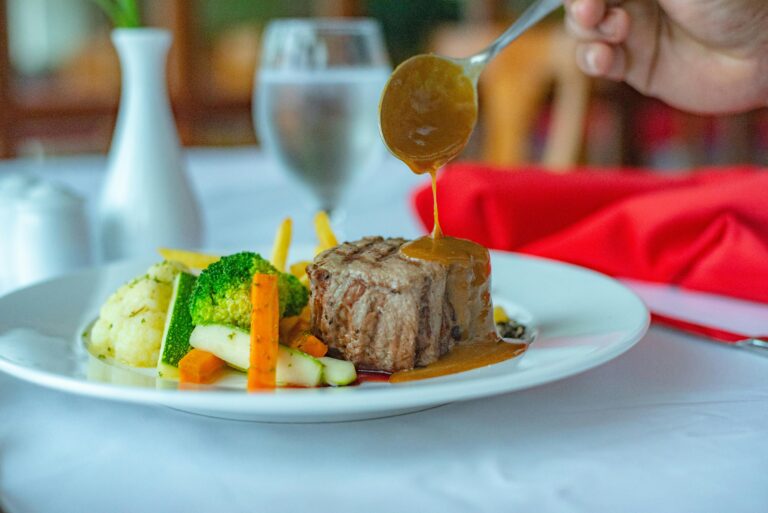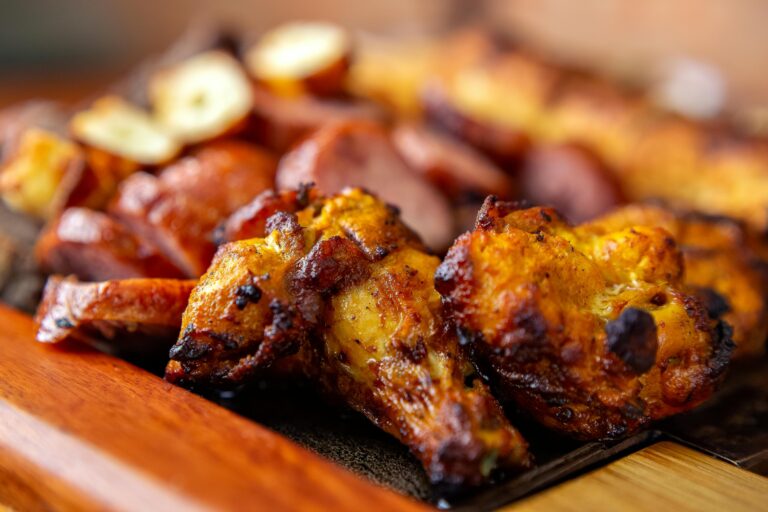Superfoods Explained: Are They Worth the Hype?
Superfoods Explained: Are They Worth the Hype?
Superfoods explained. What science really says, smart swaps, budget tips, and easy ways to eat better without falling for marketing hype.
What Is a “Superfood,” Really?
The term “superfood” has no official scientific definition. It’s mostly a marketing label used to highlight nutrient-rich foods like blueberries, kale, or quinoa. While many of these foods are indeed healthy, experts warn the label can distract us from equally nutritious and often cheaper staples.
In fact, in the UK and EU, strict regulations require health claims on packaging and ads to be evidence-based. That means not every miracle claim you see is legally valid. Perhaps another reason to stay critical of the hype.
What the Science Actually Supports
Diet Patterns Beat Single “Miracle” Foods
No single food can give your body everything it needs. Research consistently shows that overall eating patterns like the Mediterranean or plant-forward diet are far more important for long-term health than relying on one “superfood.”
The Mediterranean Example
Studies link Mediterranean-style eating (plenty of vegetables, legumes, whole grains, olive oil, nuts, and fish) with lower risk of cardiovascular disease. The power isn’t in one item but in the variety and balance.
Superfoods That Do Pull Their Weight
When used regularly (but not obsessively), certain foods provide strong nutritional value:
- Berries: Antioxidants + fiber. Use fresh or frozen.
- Leafy greens (spinach, kale, sukuma wiki): Folate, vitamin K, magnesium.
- Legumes (beans, lentils, cowpeas): Affordable protein + fiber.
- Nuts & seeds (peanuts, sesame, flax): Healthy fats + minerals.
- Whole grains (millet, oats, brown rice): Long-lasting energy.
- Oily fish (sardines, mackerel): Omega-3s for heart and brain.
- Fermented foods (yogurt, kimchi, maziwa lala): Gut-friendly probiotics.
- Spices (turmeric, ginger, garlic): Flavor + anti-inflammatory compounds.
Overhyped? Red Flags to Watch
Be cautious if you see:
- Miracle claims like “melts belly fat” or “detoxes overnight.”
- Powder > pattern marketing—supplements and powders can complement, but not replace, real food.
- Exotic imports by default. Local produce often matches (or beats) the nutrition at lower cost and footprint.
Thoughtful Opportunities (gentle, useful, transparent)
Disclosure; We may earn a small commission at no cost to you
Smart, Affordable Swaps
| Hyped “Superfood” | Budget-Friendly Swap | Why It Works | Easy Use |
|---|---|---|---|
| Açaí purée | Local berries / grapes | Similar antioxidants | Smoothies, yogurt bowls |
| Quinoa | Millet / sorghum | Protein + minerals | Grain bowls, salads |
| Chia seeds | Sesame / ground flax | Healthy fats, fiber | Sprinkle on oats |
| Matcha | Green tea | Similar catechins | Brew hot/cold |
| Goji berries | Raisins / mulberries | Polyphenols + iron | Mix into trail mix |
| Salmon | Sardines / mackerel | Affordable omega-3s | Grill, stew, toast |
- ½ plate colorful veggies & fruits
- ¼ plate protein (beans, eggs, fish, tofu)
- ¼ plate whole grains (oats, millet, brown rice)
- + healthy fats (nuts, seeds, olive or avocado oil)
- Season boldly with garlic, ginger, or turmeric
- Add fermented foods now and then for gut health
Quick Recipes to Try
1. Berry-Nut Breakfast Bowl
Oats + milk or water, topped with frozen berries, yogurt, and a sprinkle of sesame or peanuts.
2. Millet Power Salad
Cooked millet, beans, chopped veggies, olive oil + lemon, with sautéed greens.
3. Sardine Mash on Toast
Sardines mashed with lemon + black pepper, spread on whole-grain toast, topped with tomato slices.
FAQs
Are superfoods worth it?
Yes and no. They can add value, but what really matters is your overall diet pattern.
Do I need powders and supplements?
Not to be healthy. Real food first; powders are optional extras.
Should I buy organic?
Choose what fits your budget. Washing and variety matter more than the label for most people.
Can I overdo superfoods?
Yes! extra calories, fiber overload, or supplement interactions are possible. Balance first. (General info only -this isn’t medical advice.)







